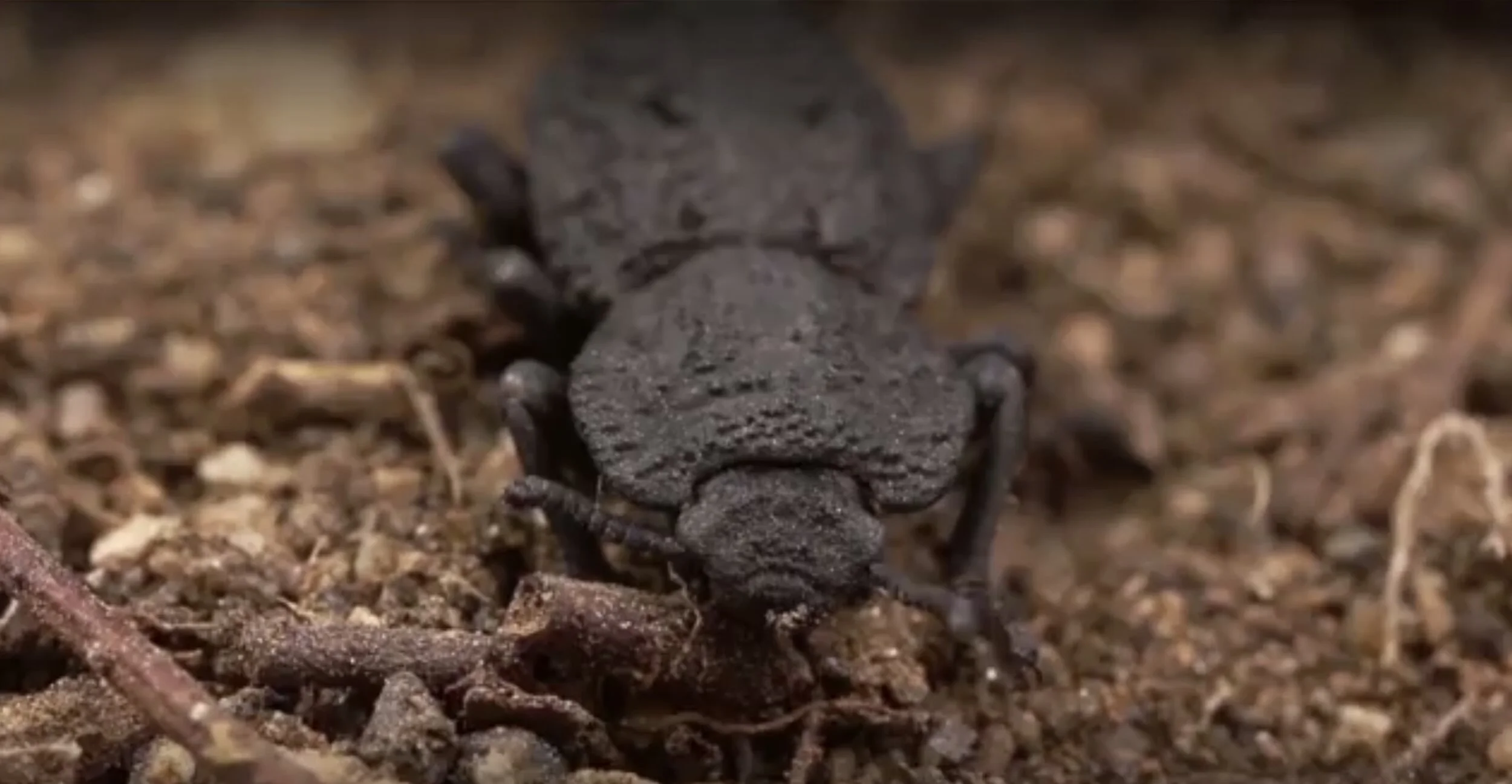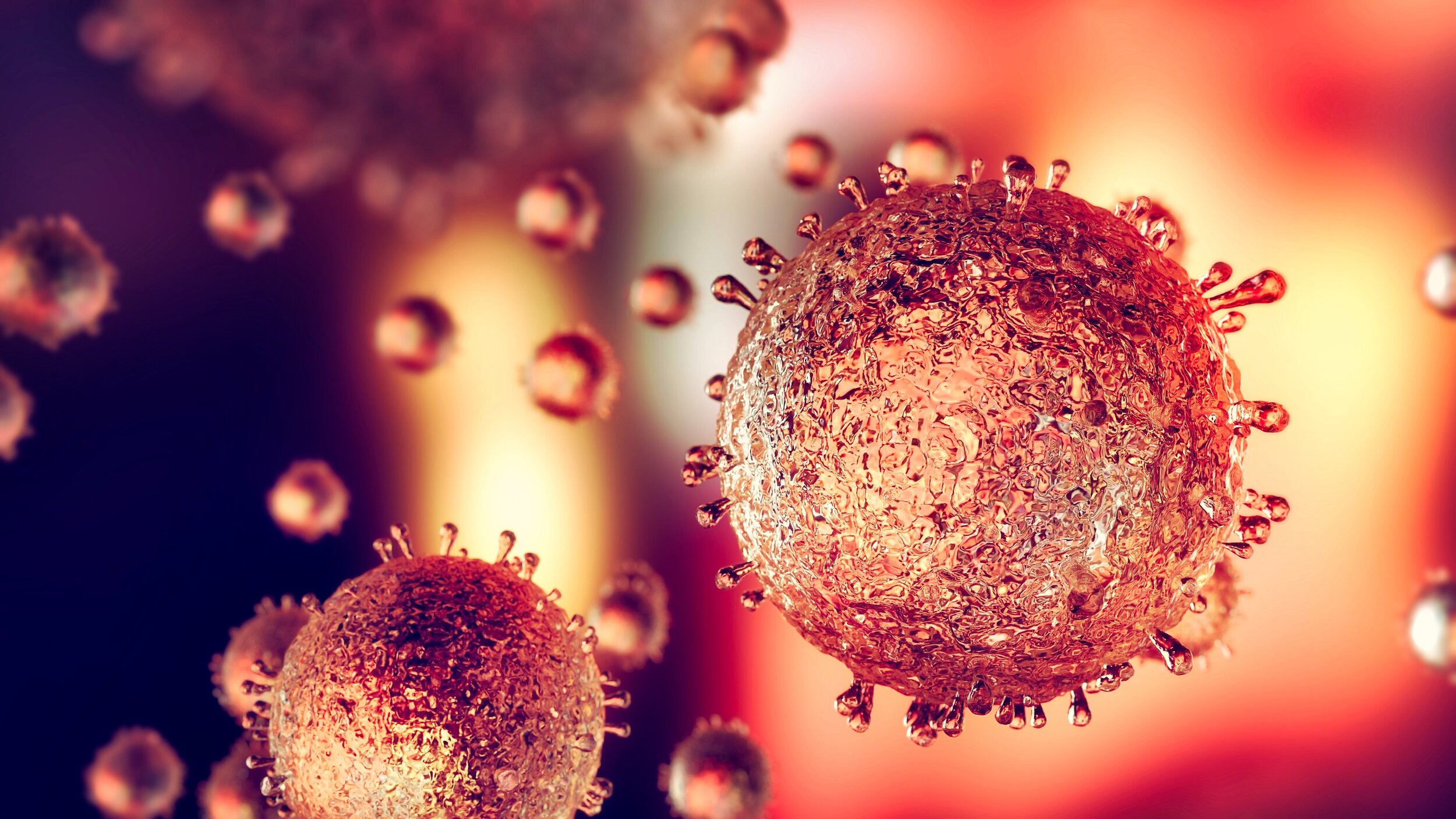Scientists at the Erasmus Medical Center and Utrecht University say they have found an antibody against COVID-19, the disease caused by the coronavirus.
Image Credit: Jaroslav Moravcik via Shutterstock - HDR tune by Universal-Sci
The researchers have had the antibody available in their laboratory for a while as it has been used in previous research into similar virus infection. It has now been tested with COVID 19. Dr. Frank Grosveld, a cell biologist at Erasmus Medical Center, stated in an interview with Erasmus University Magazine that this is the very first known antibody that is able to block the infection. He added that there is a good chance that it can be used to develop a drug. According to Grosveld finding something like this happens very rarely. After the initial outbreak, Grosveld and his team have been working around the clock.
We have to be cautious though, as there are still a number of caveats. The antibody has yet to be tested on humans, which can take several months. Additionally, the research has also not yet been assessed by other research teams. That is happening right now. If the antibody is verified, the study is expected to be published in the leading scientific journal Nature.
How will the antibody be used?
Grosveld explains that the antibody prevents the virus from being able to infect the body. It can be used to develop a drug against COVID-19.
The scientists are still trying to get a pharmaceutical company to help them produce the medicine on a larger scale. According to Grosveld, it looks like there will be an agreement soon. Before it can be brought to market, the antibody must be tested for toxicological properties through extensive development. That testing process is now underway.
Credit ustas7777777 via Shutterstock - HDR tune by Universal-Sci
Grosveld noted that if you were to take this as a patient, it is expected that the infection can be stopped in patients, giving them the opportunity to recover. The researchers also want to use the discovered antibody to set up a diagnostic test that everyone can use at home, so that people can easily know whether they have an infection without the need to see doctor or go to a hospital.
The difference between an antibody and a vaccin
A vaccine is usually made from a protein that consists of a virus or a killed virus, Grosveld explains. If you put a tiny bit of that in people or animals, they start producing antibodies to combat it. That proces ends up with so-called ‘memory cells’ that remember what they have seen before. If the virus tries to attack the body, those memory cells can respond quickly and ward it off. An antibody acts as a medicine, but the patient does not generate it himself meaning that will last for only a few weeks when received it in the form of a drug. This is sufficient for recovery, but will probably not to keep the at bay forever. It would be better if the patient can generate his own antibodies.
To prevent is still better than to cure. Therefore, the best solution is a vaccine. Luckily other scientists are currently working on that as well. The problem is that a fully developed vaccin might take two years to create. An antibody-based medicine can be on the market earlier and perhaps alleviate some of the adverse effects of the outbreak.
Source: Erasmus University
Featured Articles:
If you enjoy our selection of content please consider following Universal-Sci on social media



















